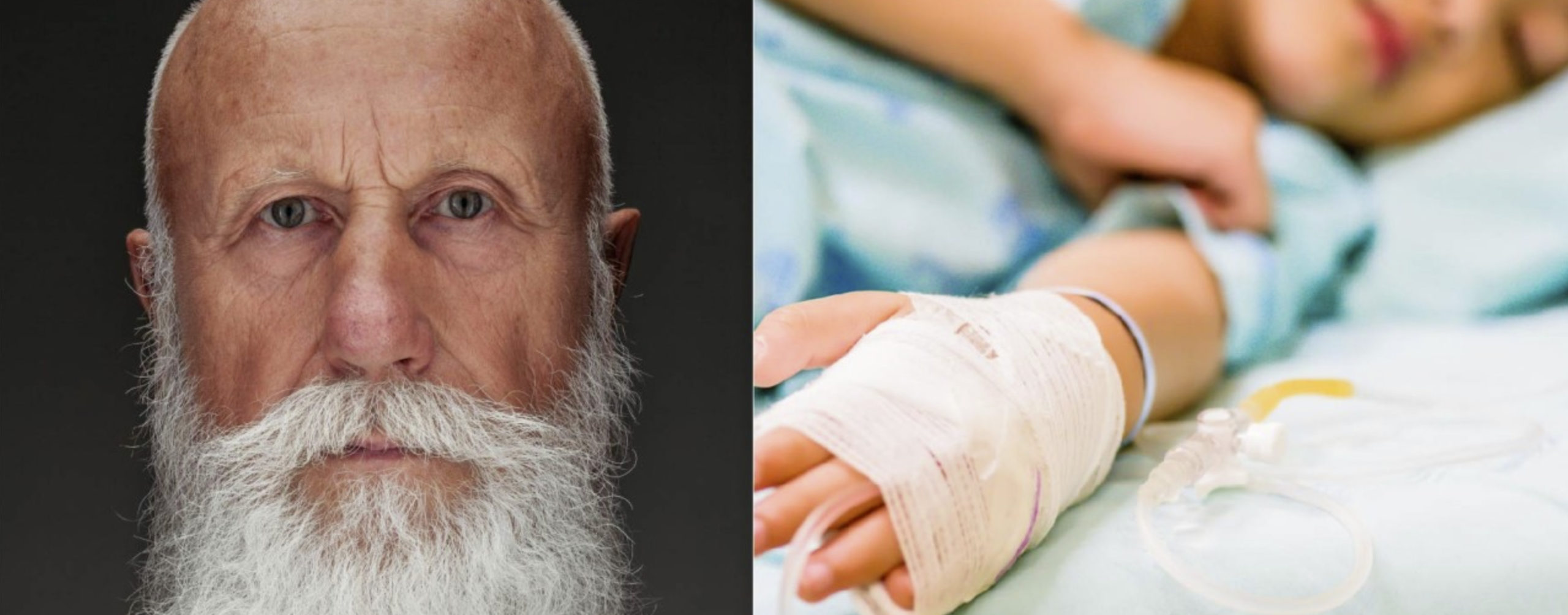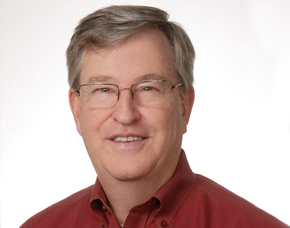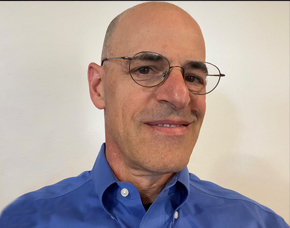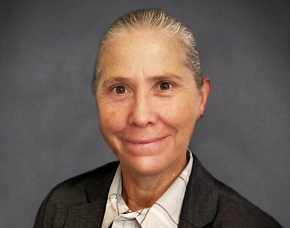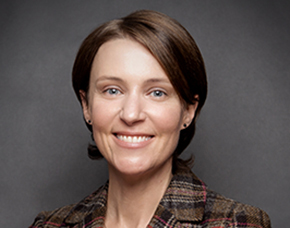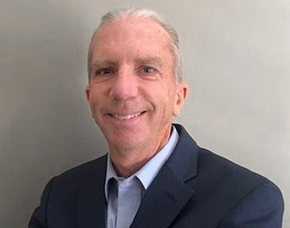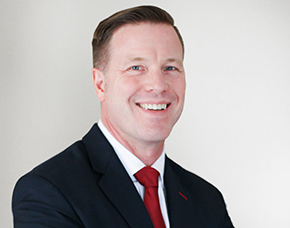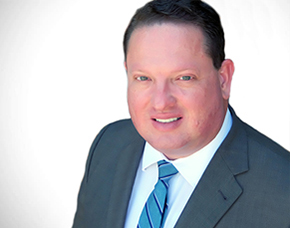Monday morning, the 11:00 a.m. new patient slot which is always filled. This time it was a man named Jay in his mid-60s. He had just retired and was looking forward to pursuing his two great passions: taking care of his invalid wife and playing Santa Claus in the holiday season to bring joy, hope and excitement to children.
But now, a few months into his retirement, his passion had been clouded by a nagging pain in his back that was getting steadily worse. This prompted a wise primary physician to order the scan and biopsy that led to the visit.
As gently as possible, I explained that a mass in his pancreas was causing his back pain. He bravely and stoically listened as I showed the scans. The mass in his pancreas had spread and there were no curative options. As information began to register, Jay’s wife started to shake. I could sense that she was on the verge of a complete emotional and physical breakdown. Without a miracle, she was going to lose her companion and caregiver. She had needed his care; how could she take care of him? What would become of her when he was gone?
Jay and his wife are not alone. I think of Deb, a lifetime non-smoker, who in her 40s was diagnosed with metastatic lung cancer, who in spite of miraculous results to treatments, is still living her life one-scan at a time. I remember sitting with my in-laws discussing how the limp that everyone thought was arthritis was really bladder cancer spread to the hip. I will never forget the mother who asked me to help with the end of life care of her 5-year-old son who quietly laid on the exam table in a morphine induced slumber as we quietly discussed what care he would need.
These same types of visits happen hundreds of thousands of times each year in the US alone.
We are tired of telling people that they will die of cancer.
We have come a long way and there have been astounding advances led by physicians, researchers, drug manufacturers, technology companies, laboratories and so many others who are working on different angles to find a cure. Yet, despite all our advances, over 609,000 people will die of cancer this year in the US alone.
We understand cancer better than we ever have before. But, as we have learned more, we have recognized that it is much more complicated than we thought. We need a lot of data to figure it out. The only way this will happen is if we unitedly collect and share the data that is necessary. We need to develop new ways of working together and helping each other.
We must come together if we are going to cure cancer.
How do we do this?
On January 2, 2020 – we will unveil the effort that will unite all to cure the one.

